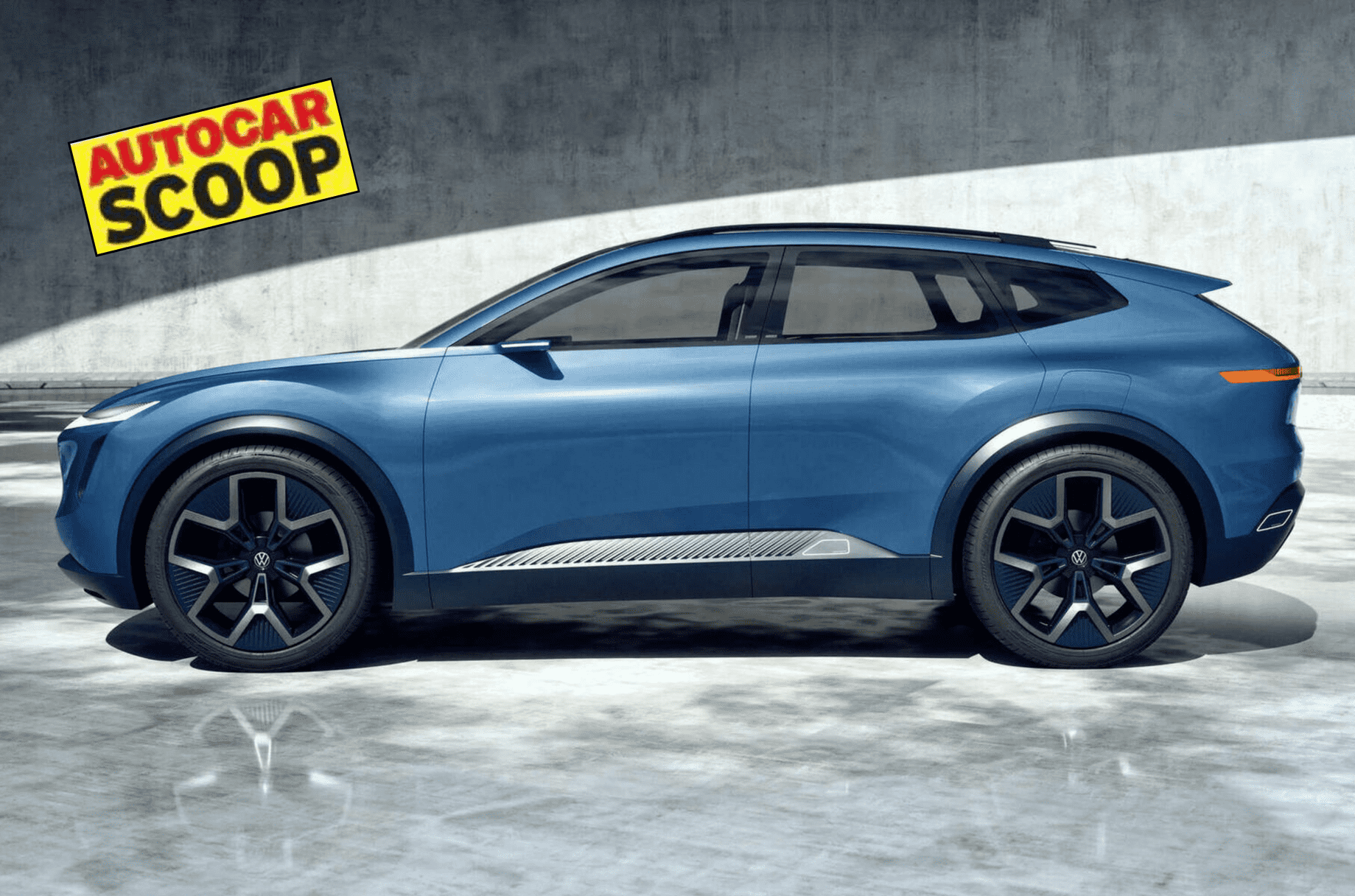Skoda Auto Volkswagen India, the local subsidiary of Europe’s largest carmaker, Volkswagen AG, has decided to go with its own internal, electric vehicle architecture while continuing to explore alliances and partnerships in the country. Previously, the company had explored Mahindra’s INGLO EV platform and NFA or New Flexible Architecture for internal combustion engine vehicles.
However, these conversations did not fructify, so it has instead decided to localise its own global architectures – the CMP platform for EVs, and the MQB A037 for petrol and hybrid vehicles.
- New India-specific EV platform to be derived from China Main Platform
- Discussions on platform sharing with Mahindra did not fructify
- Future ICE vehicles to use localised MQB A037 architecture
Skoda-VW EVs to be based on India Main Platform
As such, the carmaker has kicked off the development of the IMP, or ‘India Main Platform’ for EVs, which is a derivative of the CMP (China Main Platform) with strong localised elements to cater to the domestic cost structure and regulations. This platform will spawn four electric SUVs for the group, with two models each for Skoda and VW: a compact electric SUV and a midsize SUV each. Volkswagen had announced the CMP platform for China in April last year, and also previewed the ID.CODE concept SUV based on it.
Mooted as a PEAK EV project, the VW Group’s Indian division had started exploring a localised EV version of the group’s Europe MEB21G platform. However, the project was deemed unviable, forcing the company to shift focus to the CMP architecture.
The company also intends to use India as an export base for these EVs, said sources.
Next-gen Kushaq, Taigun to move to localised MQB A037 platform
On the ICE side, the MQB A037 will be the base for the next-gen Skoda Kushaq and Volkswagen Taigun, which will be bigger and wider, and will come with new electrical and electronic architectures to offer Software-Defined Vehicle (SDV) features. The platform is compatible with hybrid technology, which can give the Group the flexibility to opt for a more efficient powertrain.
This larger platform will give Skoda and VW more flexibility with design, and it could even support a 7-seater SUV, which is a growing segment. Naturally, the next-gen Virtus and Slavia sedans will also be based on this platform.
Industry sources say Skoda-Volkswagen has already kicked off conversations with Indian suppliers for localising the MQB A0 37 platform. Several people in the know say the program will require an investment of Euro 1-2 billion (between Rs 8,000 crore and Rs 17,000 crore).
Given the deadline to meet the upcoming CAFE 3 norms, it is a race against time for Skoda Auto-VW to introduce its cleaner alternatives for the Indian market.
Without confirming or denying the plans for these vehicle platforms, a Skoda Auto Volkswagen India spokesperson emphasised that India is crucial to the Group’s growth strategy, and that it wants to bring the broadest and most up-to-date product portfolio to customers here.
“The capabilities we have to build in India, for India, and related export capacity are helping the group’s internationalisation strategy,” the person said, adding that the group recently unveiled the Skoda Kylaq.
“At the same time, we continue to consider other models across our brands for Indian consumers, including hybrid and electric powertrains, apart from efficient ICE vehicles,” the spokesperson added.
Also See:
Skoda Elroq, Vision 7S concept to make India debut at Auto Expo 2025


